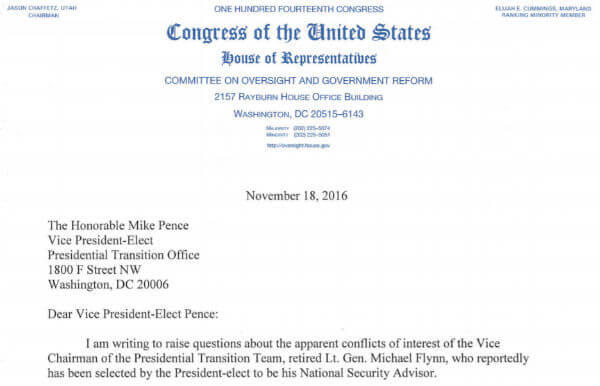The Washington Post reports: Secretary of State Rex Tillerson takes a private elevator to his palatial office on the seventh floor of the State Department building, where sightings of him are rare on the floors below.
On many days, he blocks out several hours on his schedule as “reading time,” when he is cloistered in his office poring over the memos he prefers ahead of in-person meetings.
Most of his interactions are with an insular circle of political aides who are new to the State Department. Many career diplomats say they still have not met him, and some have been instructed not to speak to him directly — or even make eye contact.
On his first three foreign trips, Tillerson skipped visits with State Department employees and their families, embassy stops that were standard morale-boosters under other secretaries of state. [Continue reading…]
Amberin Zaman writes: In meetings with Turkish President Recep Tayyip Erdogan, Prime Minister Binali Yildirim and Foreign Minister Mevlut Cavusoglu, Tillerson is believed to have confirmed the administration’s decision to press ahead with plans to capture Raqqa, the Islamic State’s last remaining stronghold in Syria, with the help of the Kurdish-dominated Syrian Democratic Forces (SDF). Tillerson’s meeting with Erdogan lasted over two hours.
“What we discussed today are options that are available to us. They are difficult options. Let me be very frank, it’s not easy, they are difficult choices that have to be made,” Tillerson told a joint news conference with Cavusoglu.
In a highly unusual move, Erdogan excluded the US Ambassador to Ankara John Bass from his meeting with Tillerson and Cavusoglu, officials familiar with the participants confirmed on condition that their names be withheld. Bass, a highly regarded career diplomat, is counted as one of Turkey’s few passionate advocates in Washington. Brett McGurk, the US special envoy to the anti-IS coalition widely perceived in Ankara as a friend of the SDF, was also excluded from the meeting. [Continue reading…]

